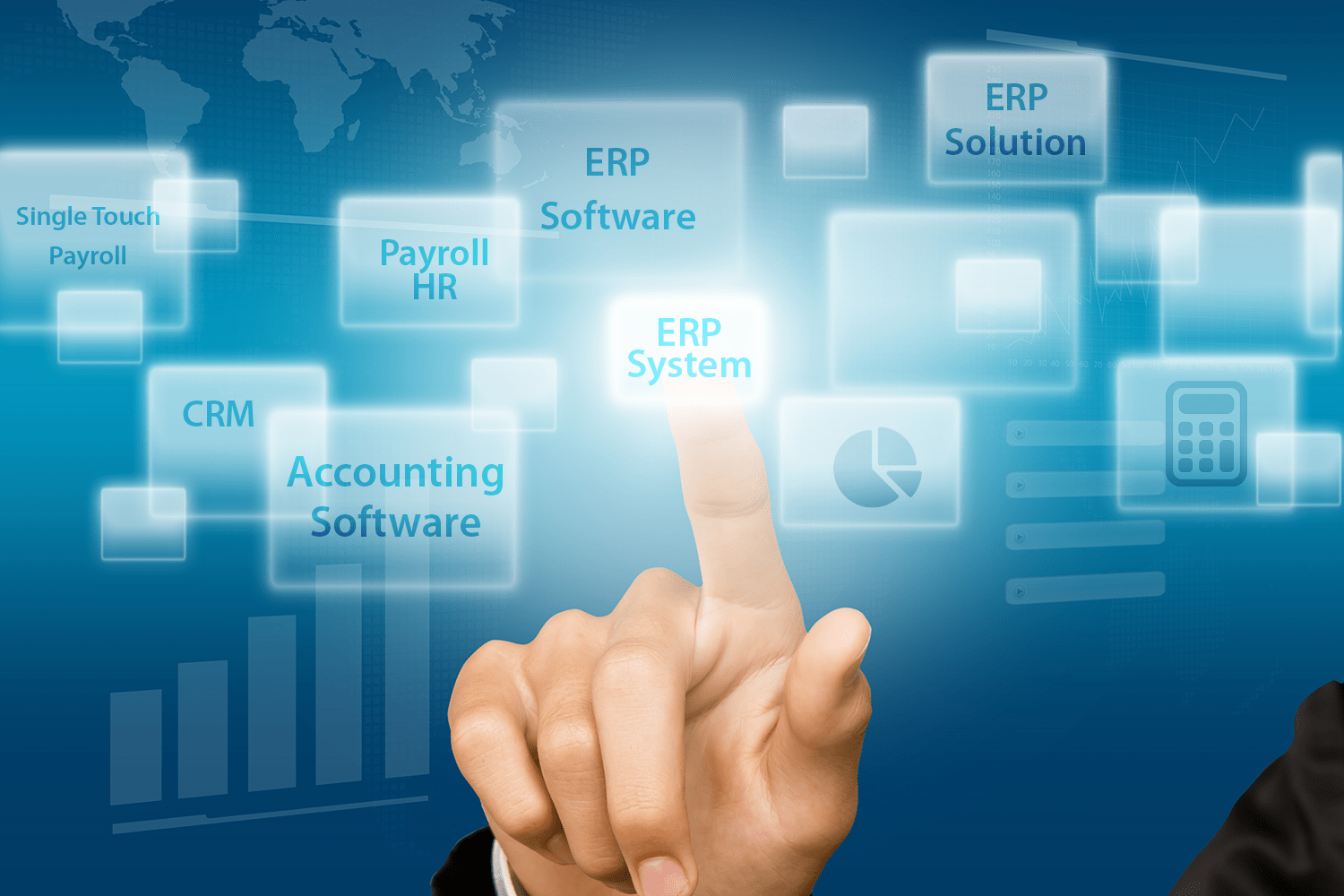November 13, 2017 * John Adams at 11:03 am
Increase Business Operational Efficiency with an Effective ERP system

In the ever dynamic and increasingly competitive business world, it is now more than ever imperative for businesses to look towards innovative solutions if the goal of attaining competitive advantage is to be realized. One classical example of an innovative solution that combines efficiency, ease of usage and cost-effectiveness in a holistic package is an Enterprise Resource Planning System. The effective ERP system is a software cascade comprised of distinct modules whose principal function is to integrate departmental data and relevant information sets with associated real-time updates. This modular nature of effective ERP systems allows businesses to select the packages that suit them best with the option of incorporating further modules as the need arises. That said, the advantages of ERPs, however, goes past modularity; they are known to proffer numerous benefits that include;
Effective ERP system takes your business to the next level:
Effective ERP system takes your business to the next level, also it allows to use a system of integrated application to direct the business and review unexpected costs incurred in a period of time, or according to a certain grouping. ERP System promises a progressive revolution of your business.
Integration of all factions of the business management
If you’re a management personnel, you are probably familiar with hassle and stress involved in the running of different business segments. ERP systems abate this difficulty by integrating separate sections of management into a centralized platform; from where managers can access all the necessary tools for efficient management. An ERP system stores all data including client information, relevant figures, invoices and orders on its database and allows the manager to implement real-time changes to them on the go. All data stored in an ERP system is for the most infallible and redundant.
Cost Efficiency
One surefire way of boosting productivity and business efficiency is to minimize expenses. Although many vanilla practices exist to bring about a drop in business expenses, most induce a concurrent decline in efficiency. ERP systems find the sweet spot between cost-effectiveness and maintaining optimal standards of operation. They replace traditional cost intensive means of management and inventory maintenance with highly specialized and proficient methods devoid of errors and human sentiments.
ERP systems bridge all sections of a business and allow seamless exchange of necessary information at no additional cost. The ease of access and centralized storage mechanism saves time and money whilst obliterating the need for extra data centers.
Strategic Planning
The birds-eye perspective granted to the manager by virtue of an ERP system provides the edge and foresight needed to make better decisions and calculated guesses. Ultimately this means better judgment as to what will be a profitable investment, marketing targets and a clearer picture of the path to fulfilling business goals.
Financial Supervision
Complete financial monitoring is one aspect of management most businesses struggle with, and unlike other aspects of business management, a loophole in financial administration almost always brings a company to its knees. ERP systems provide administrative staffs with a detailed overview of the financial profile of each business division, allowing for performance assessment and evaluation at any given instance. No longer do managers have to go through the tedious process of micro-managing each business department to curb financial pilfering; an ERP system does all that needs to be done with little or no effort.
Finally, the culmination of all this is a marked improvement in the overall health of a business managed with an ERP system. A switch from a manual mode of operations to an ERP based solution like SapphireOne guarantees a positive transformation of a business’s financial and operational tidings.
Tags : -


































































































































































































































































































































